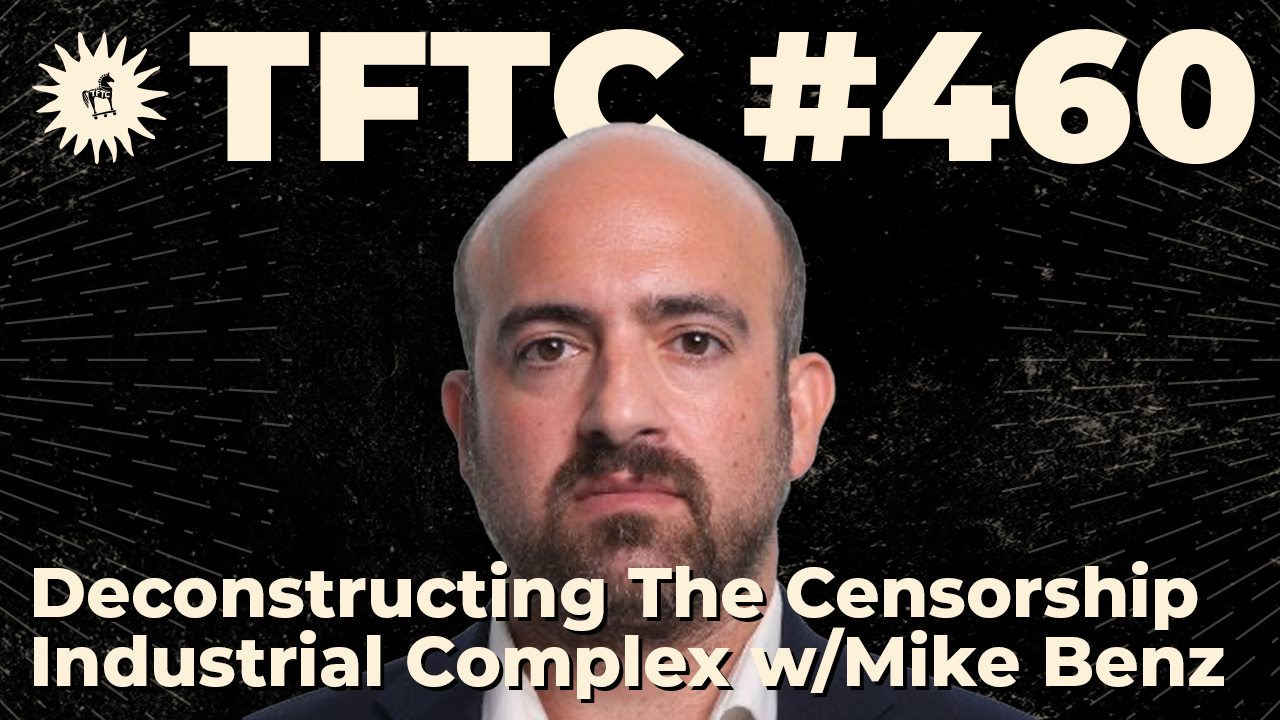
Mike Benz, in a revealing podcast episode, uncovers the covert transformation of free speech in the U.S. from a cherished right to a controlled commodity. His analysis exposes the complex interplay between the government, military, and tech giants in this new era of information warfare.
In a recent episode of Tucker Carlson Uncensored, the conversation centered around the erosion of free speech in the United States, often considered the nation's defining feature due to the First Amendment. The guest, Mike Benz, the executive director of the Foundation for Freedom Online, offered an in-depth analysis of modern censorship and its impact on fundamental rights. Benz, with experience in the cyber portfolio at the State Department, explained how censorship has evolved from a tool championed by the Pentagon and State Department to promote regime change abroad to a mechanism now used domestically to control narratives and suppress dissenting voices.
The episode delved into how the military-industrial complex and the foreign policy establishment use censorship, particularly in the context of impending global conflict, which historically leads to increased censorship. The pivot from promoting internet freedom to enforcing internet censorship was highlighted, tracing back to the privatization of the internet and subsequent statecraft strategies that used free speech to support dissidents and facilitate regime changes.
The Arab Spring was cited as the high watermark of this approach until the annexation of Crimea by Russia, which led NATO to shift focus towards combating what they viewed as detrimental influence operations on media and social media. This gave rise to a military-civil alliance aimed at suppressing so-called Russian propaganda and right-wing populist movements across Europe, which eventually turned inward against domestic populist sentiment in the U.S. The episode suggests that the tools developed for foreign interventions were repurposed to maintain control over domestic narratives, culminating in widespread censorship during the Covid-19 pandemic and the 2020 U.S. election.

The podcast episode featuring Mike Benz was a profound examination of how free speech, once a cornerstone of American democracy, is being systematically dismantled. Benz's expertise painted a stark picture of the intersection between government, military, and technology companies in the business of censorship. This transition from internet freedom to internet censorship reflects a broader shift in how the U.S. and its allies perceive and manage information warfare.
The episode also served as a stark reminder of the fragility of democratic institutions and the ease with which they can be manipulated. The overarching message was clear: the defense of free speech is crucial, not just for the preservation of individual rights but for the very essence of democracy. The potential implications of this discussion are vast, suggesting an urgent need for vigilance, transparency, and open discourse about the role and limits of government in regulating speech in the digital age. As the conversation ended, it left listeners with a deeper understanding of the complexities of this issue and the importance of remaining informed and engaged in defending freedoms that are all too easily taken for granted.
